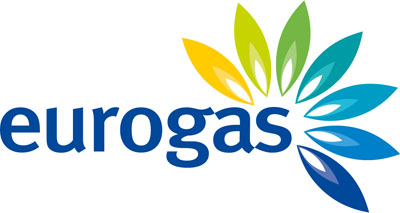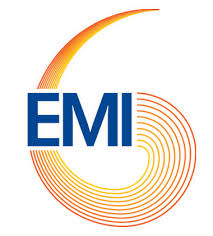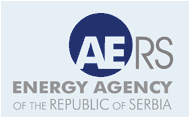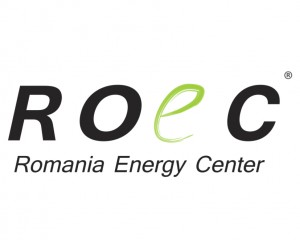The European Union aims to ensure clean, competitive and connected mobility integrating all means of transport by 2025. In an opinion drafted by the TEN section of the European Economic and Social Committee (EESC) and adopted at the EESC October plenary session, the Committee urged the European Commission to further improve the regulatory framework in order to establish an efficient Single European Transport Area, the EESC said on October 24.
Rapid progress should be made towards establishing a clean, competitive and connected mobility system integrating all means of transport across the European Union by 2025, the EESC opinion said, which was adopted at the 529th plenary session on October 18 and drafted by rapporteur Ulrich Samm (Employers’ Group) and co-rapporteur Brian Curtis (Workers’ Group) of the Section for Transport, Energy, Infrastructure and the Information Society (TEN).
The EESC said the Committee broadly supports the mobility agenda set out in the European Commission communication Europe on the move: An agenda for a socially fair transition towards clean, competitive and connected mobility for all and welcomes the attempt to resolve some outstanding single market transport issues while taking account of human and labour rights as well as environmental aspects.
However, with a view to providing the Single European Transport Area with an appropriate regulatory framework, the EESC urges the European Commission to further refine the proposed legislative changes, in particular regarding access to professions, market access (including cabotage) and working conditions, as they do not provide effective answers in these areas, the EESC said.
"Transport will be revolutionised by digitalisation providing better quality, convenience, flexibility, affordability and safety in services for consumers and businesses,” Samm said, adding: "Automatic driving now has the potential to be a game-changer that, as well as providing new services and business opportunities, could markedly improve the active safety of vehicles and significantly reduce fatalities”. With this in mind, the EESC encourages the Commission to further pursue the "Vision Zero by 2050” project.
In addition, the EESC said the Committee strongly supports the Commission’s proposal to overcome the poor interoperability between the various existing electronic road toll systems in the Member States and implement a common interoperability framework.
Finally, electric vehicles can help to reduce air pollution locally, while a clean electricity generation policy is essential to reach the EU’s global GHG objectives, the EESC said, noting the discrepancy between the anticipated emissions reduction (13%) in road transport under this package and the 18-19% that the transport sector would need to contribute towards achieving the 2030 climate and energy targets.
https://www.neweurope.eu/article/eu-aims-clean-competitive-connected-mobility-2025/


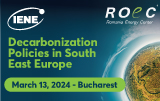

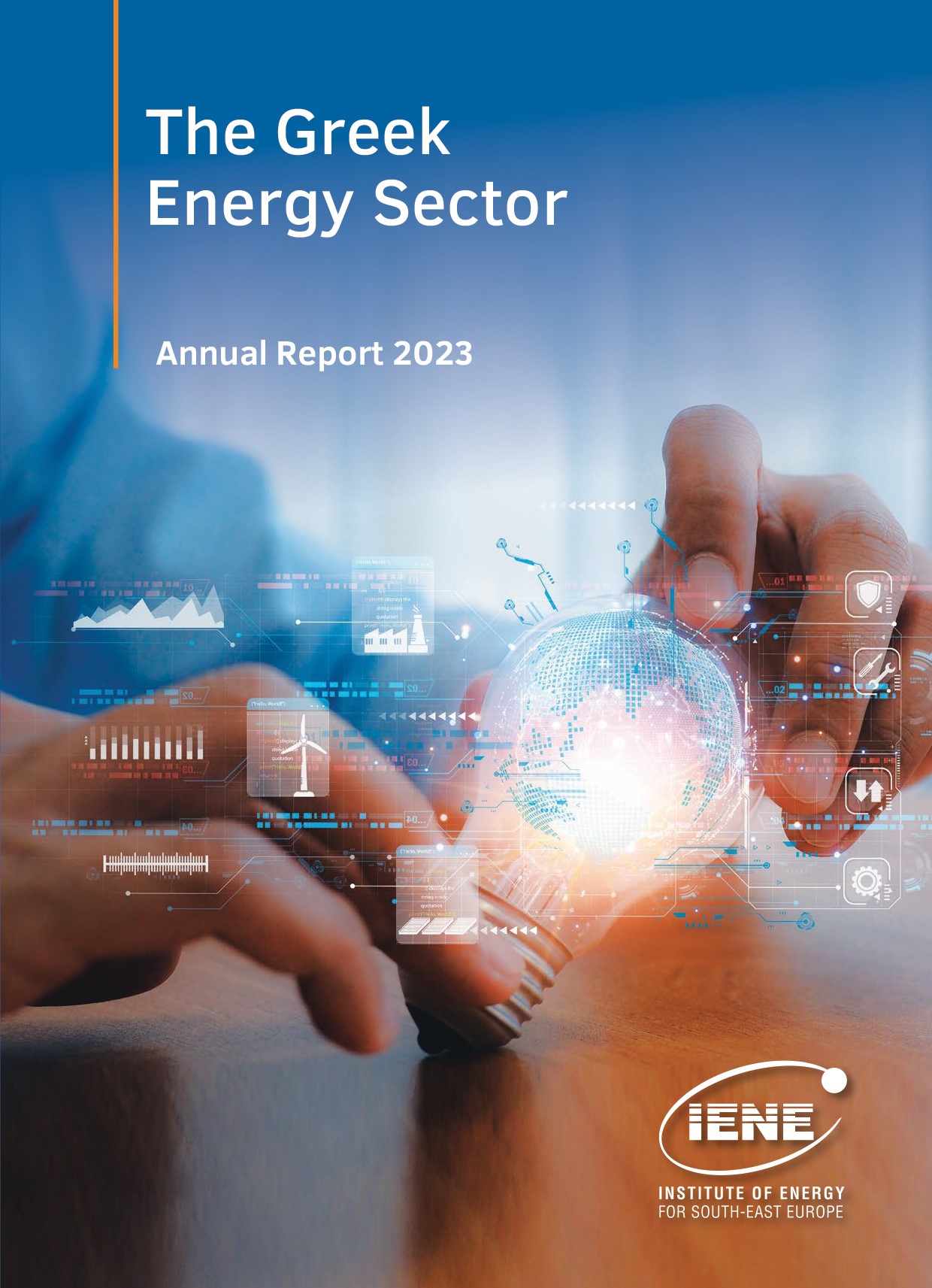
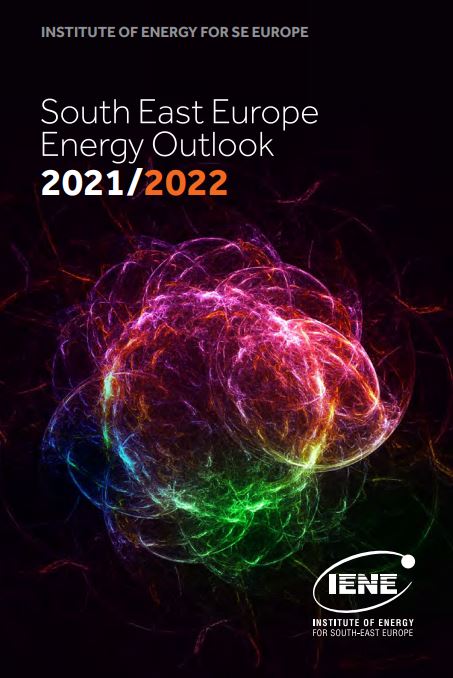
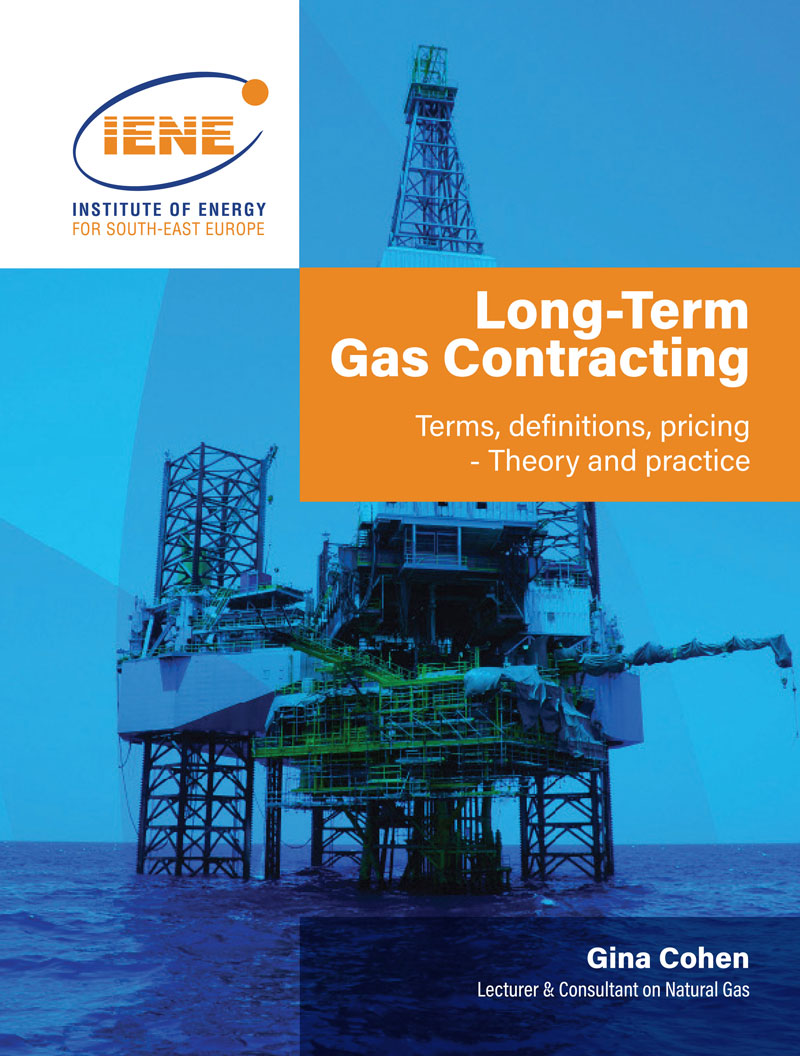 More
More




